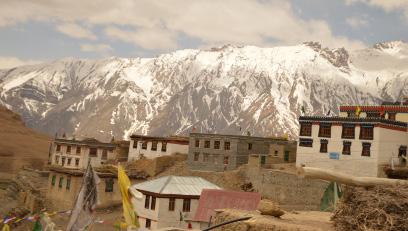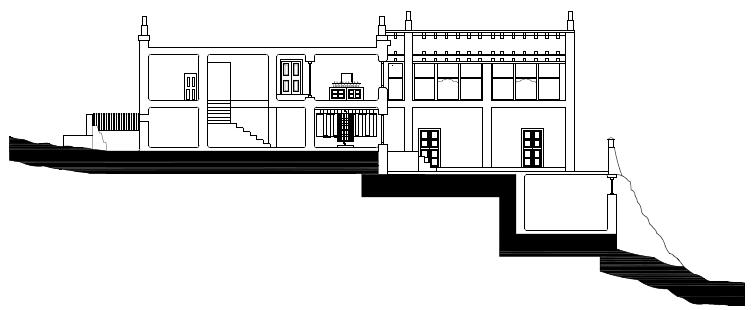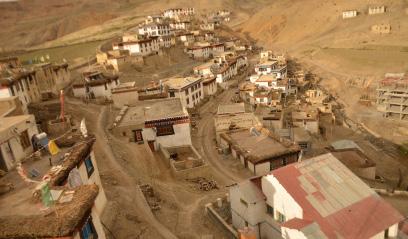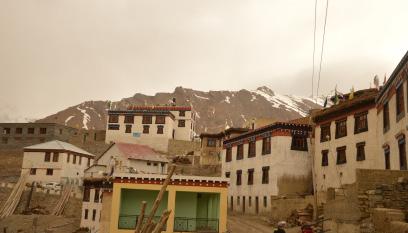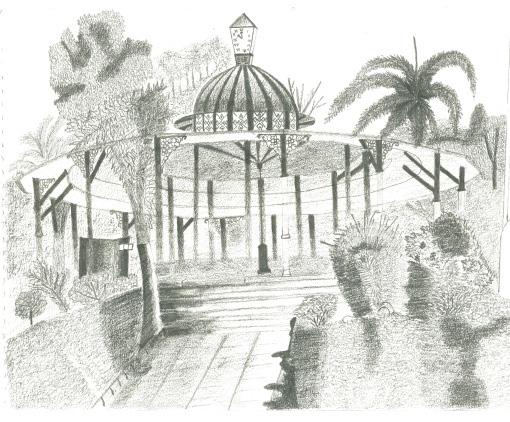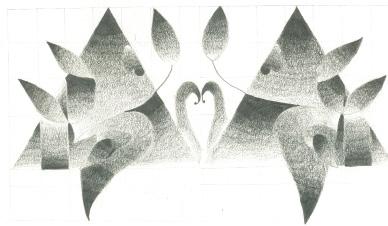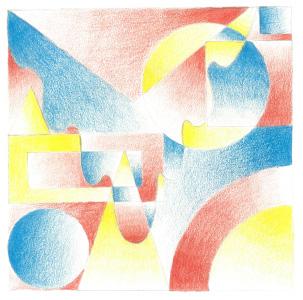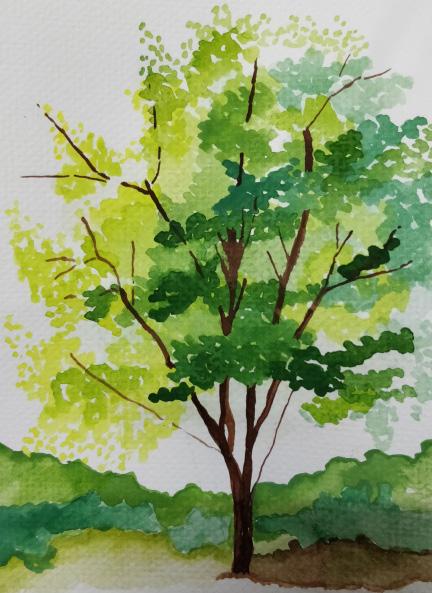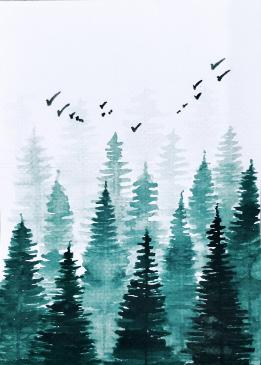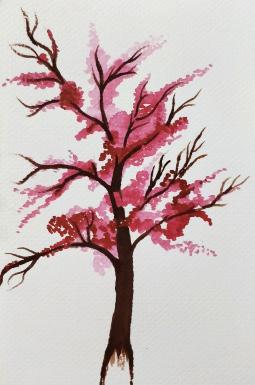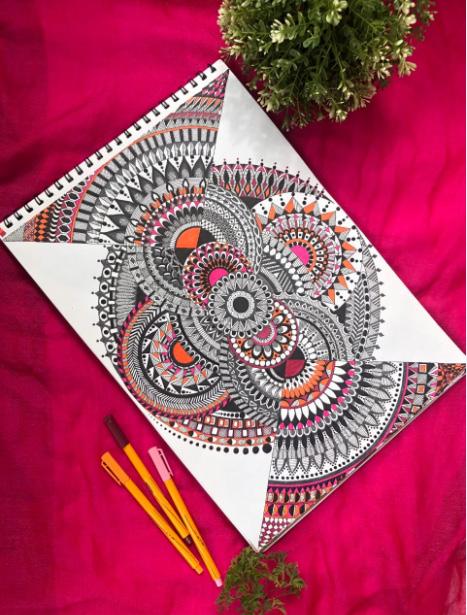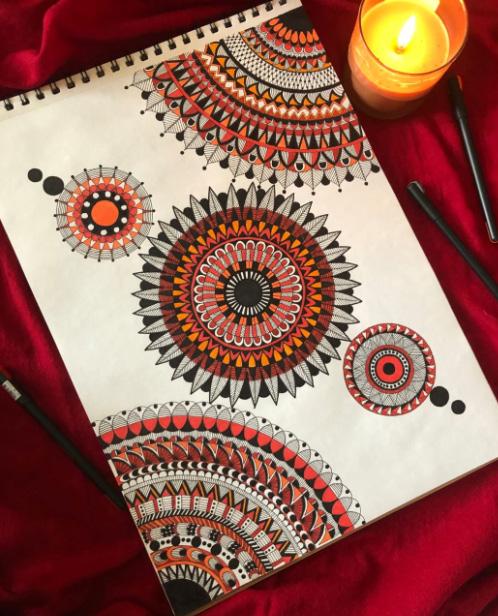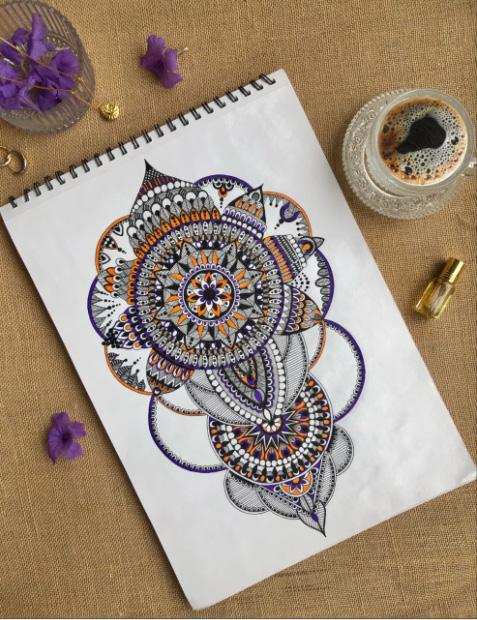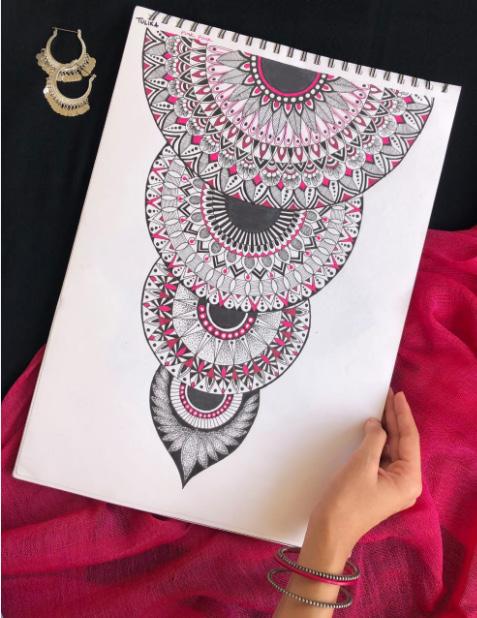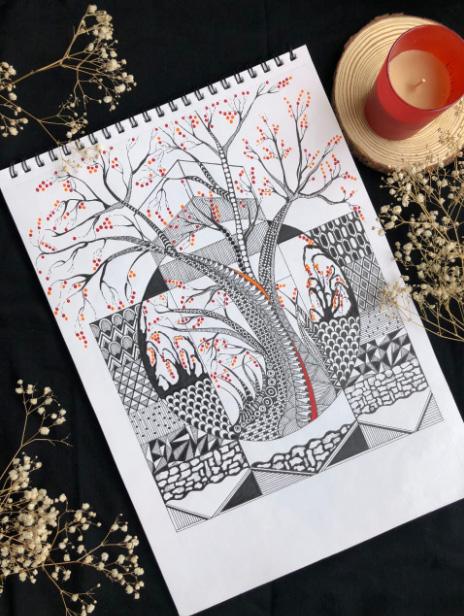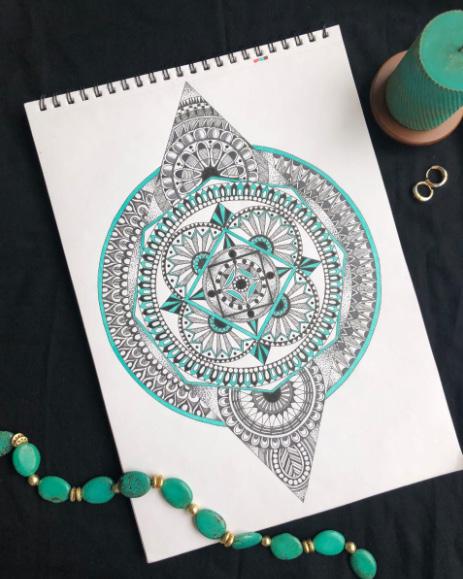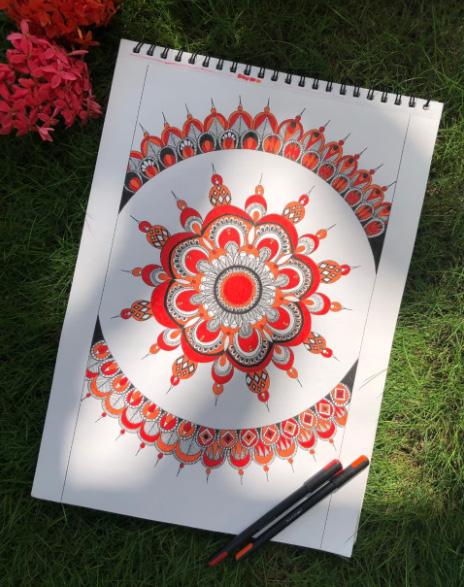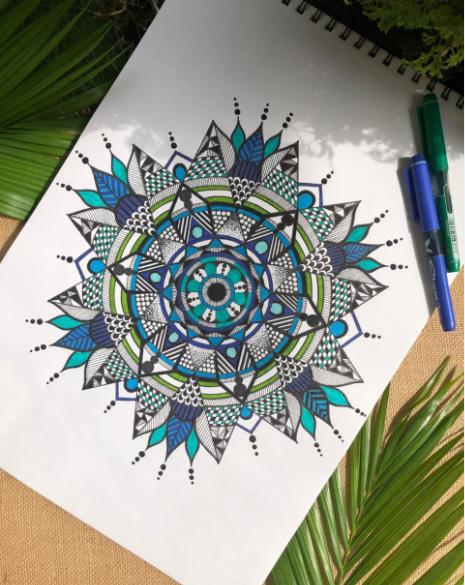INTERIOR DESIGN
P O R T F O L I O
TULIKA KAUSHIK
DESIGN |ART |ARCHITECTURE


P O R T F O L I O
DESIGN |ART |ARCHITECTURE

Name Tulika Kaushik
DOB 13/03/1996
Profession Interior Designer
Nationality Indian
Languages English Hindi Gujarati
Email tulika1330@yahoo.com Mob no. 8758969311
Address Marine lines, Mumbai
Sketching (Charcoal, pencil, pencil colors), Painting, Reading, Reseach and Analysis, Mandala art, Content Writing (article writing, social media accounts ) Dancing, Photography, Travelling
B.A degree in classical dancing (dance form : Bharatnatyam)
Bachelor of Design 2014 - 2018
School of Environmental Design and Architecture (SEDA)
Navrachana University, Vadodara, Gujarat
Higher Secondary school
Delhi Public School Vadodara (DPS) Science - Physics, Chemistry, Mathematics and English
Malik Architecture (Mumbai) 2021-2024
Studio Saransh (Ahmedabad) 2019-2020
Residential and commercial projects with an experience in working drawings, design process and 3D modelling
Internship - Art and Architecture associates, Vadodara
2014 -2015
Cube transformation, Space vocabulary, Planes and solids, architectonics, Drawing and Painting, Building construction and materials, Technical drawing and drafting, History of architecture
Analytical and research thesis(2018) in interior landscape design
“The intersections in interior and landscape design”
2015-2016
Abstraction, Matrix, Residential Design, Environmental Studies, Furniture Design (Woodwork and Metallic Joineries), History (Study of Schroder house)
2016-2017
Retail store design (olympus cameras), corporate office design, working drawing (washrooms, kitchens) furniture design, professional practice
2017-2018
Theatre Design, Furniture Design, Thesis
2014 - 2018
Linocut, Painting, Charcoal and dry pastel sketching, Script writing, Social innovation (khoj)
December 2014
Dadar and Nagar Haveli (Dudhani)
Documentation of the houses of the people residing in Dudhani
May 2015
Himachal Pradesh (Spiti Valley)
Architectural documentation of the houses of the village of Kibber.
Autocad
Photoshop
Indesign
Sketchup
Keyshot
Microsoft Office
Microsoft Word
Manual Skills
Sketching
Rendering
Drafting
Model Making
References
Available on request
Malik Architecture (Mumbai) 2021-2024
- Turnkey residential architectural interior projects (Mumbai and Pune)
- Architectural residential second home project (Karjat)
- Residential lobby design in Mumbai
- Terrace hotel bar and restaurant design in Lonavala
- Boutique hotel in Mumbai
(Copyrights of all the drawings are owned by Malik Architecture)
This was a 12000 sq ft sea facing residential architectural interior projects located in the Worli. Being a part of the project from the very beginning till the end gave me a huge learning opportunity.
From designing spaces to preparing the working drawings set to being on site permanantly for three whole months taught me alot about how much it takes to see a project through.
The space revolves around a curved brick wall and open ventilated spaces which is a rare sight to see within an apartment. The materials used were all natural such as brick, wood and natural stones which spruced the apartment with warmth and light. The selection of the furniture and lights were a mixture of both indian and italian brands which gave the space a distinct vibe.
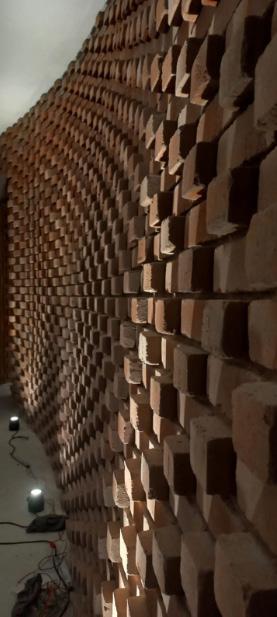

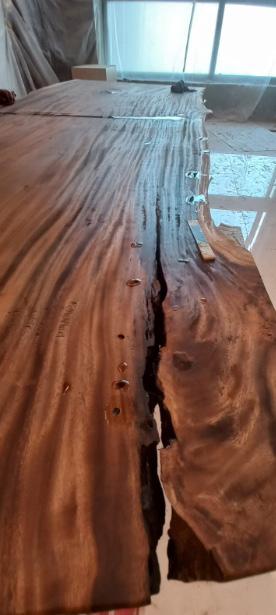






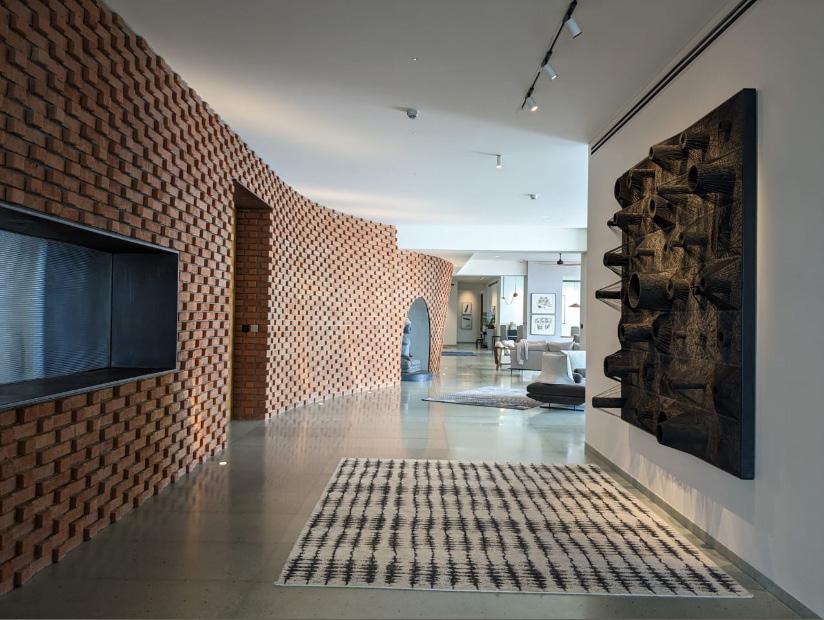
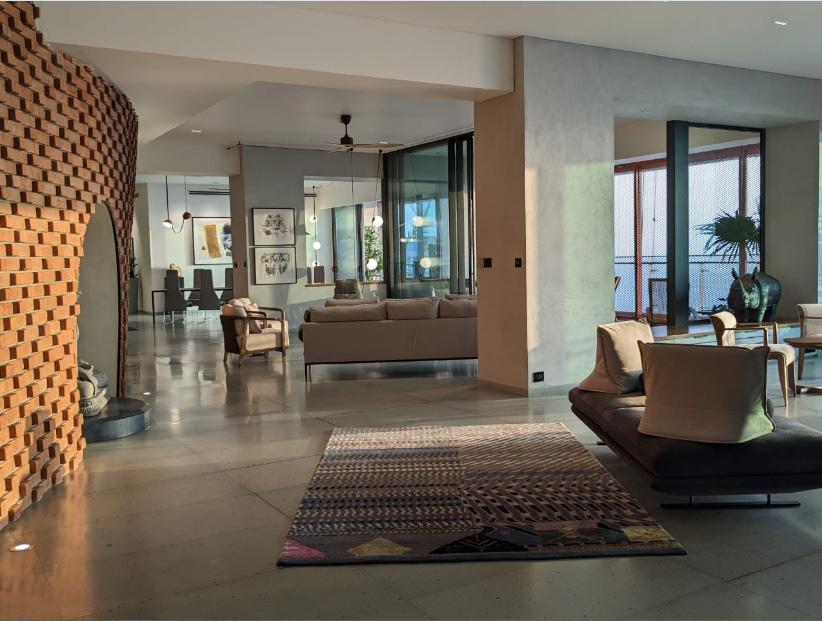
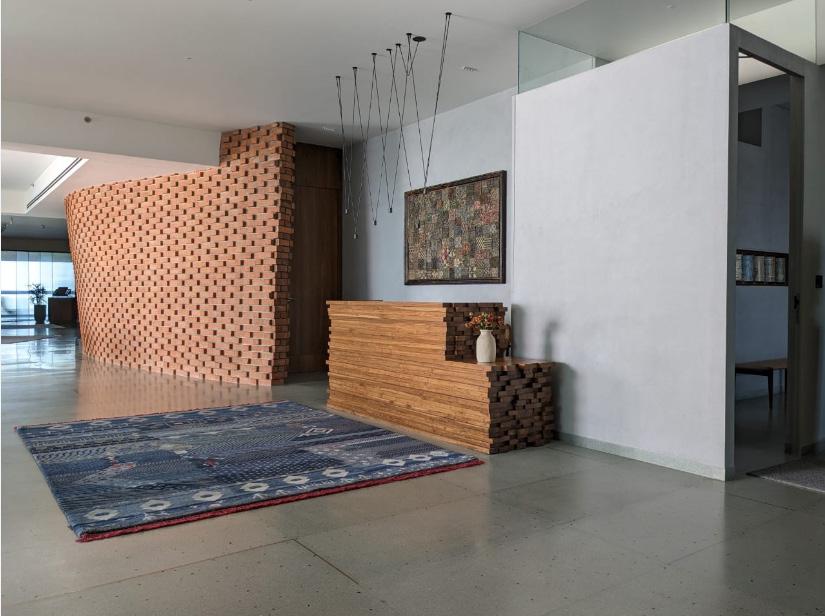


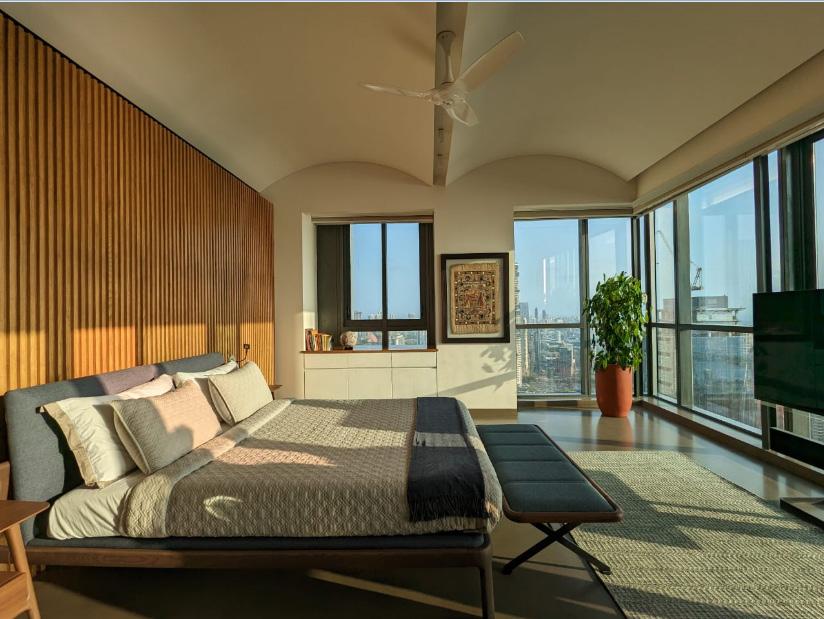

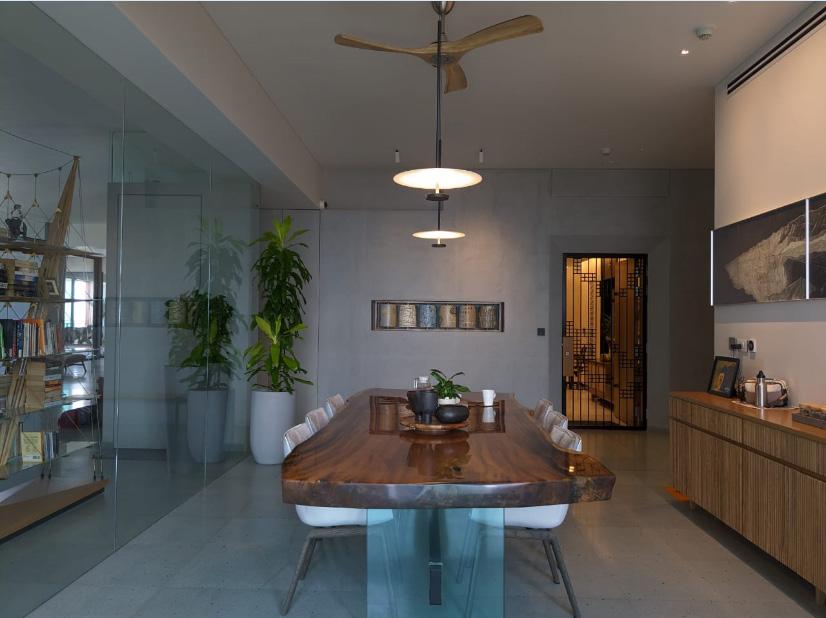
A 3 storey residential project located in the heart of Pune city comprised of a double height living room, a gym, a spa, two bar areas, double height terrace as well as an infinity pool.
The material pallet comprised of natural rough mintstone, a mass of corten steel, 12 feet height wooden screens as well as natural brick vaults.
The learning curve on this project was immense. The working and the concept of each space including the bathrooms were distinct yet the material pallet brought the entire space together as one.
The play of screens, lights, sculptures, artwork as well as the rugs were crucialto the space because of it’s massive heights.

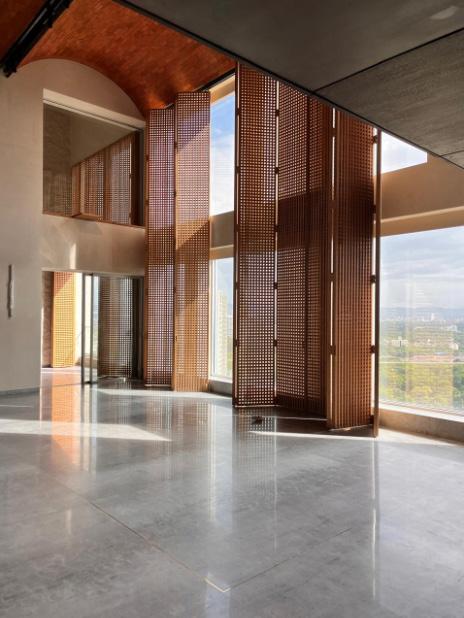
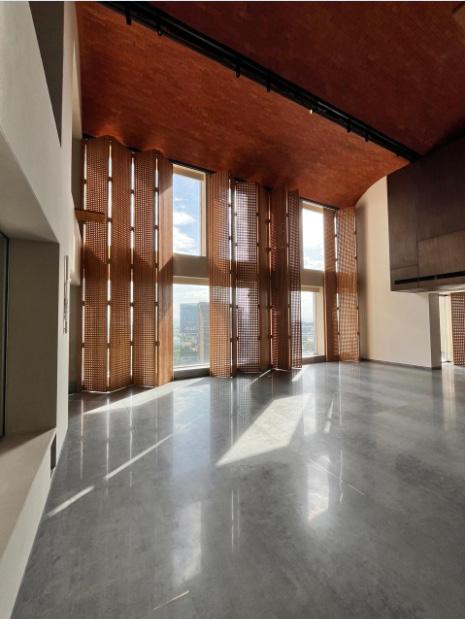
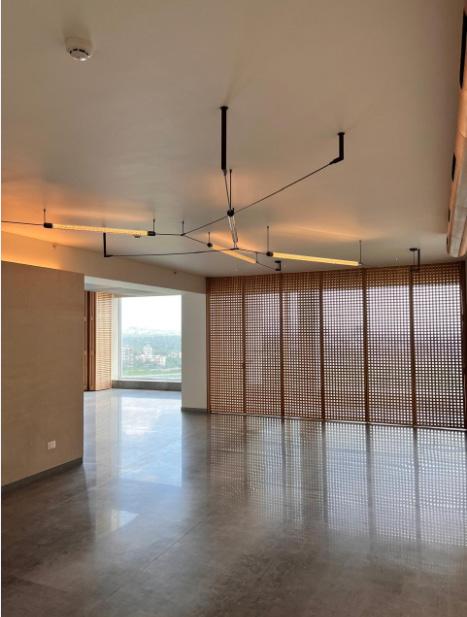
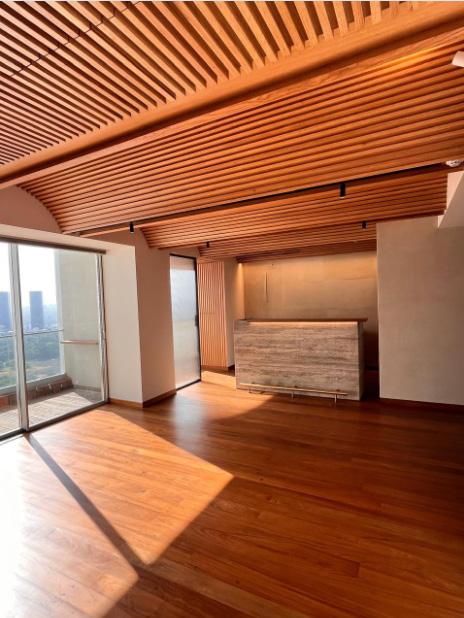

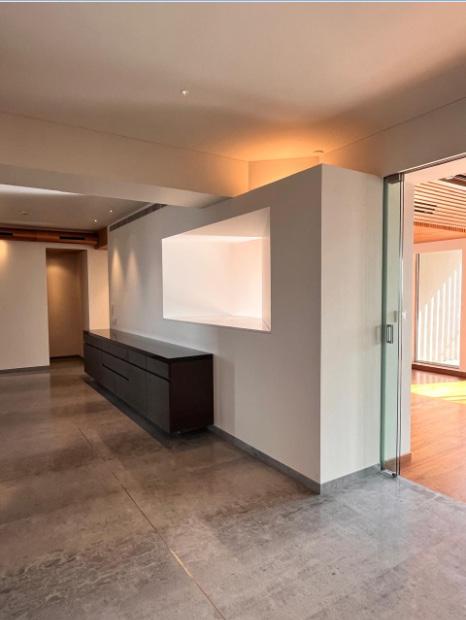
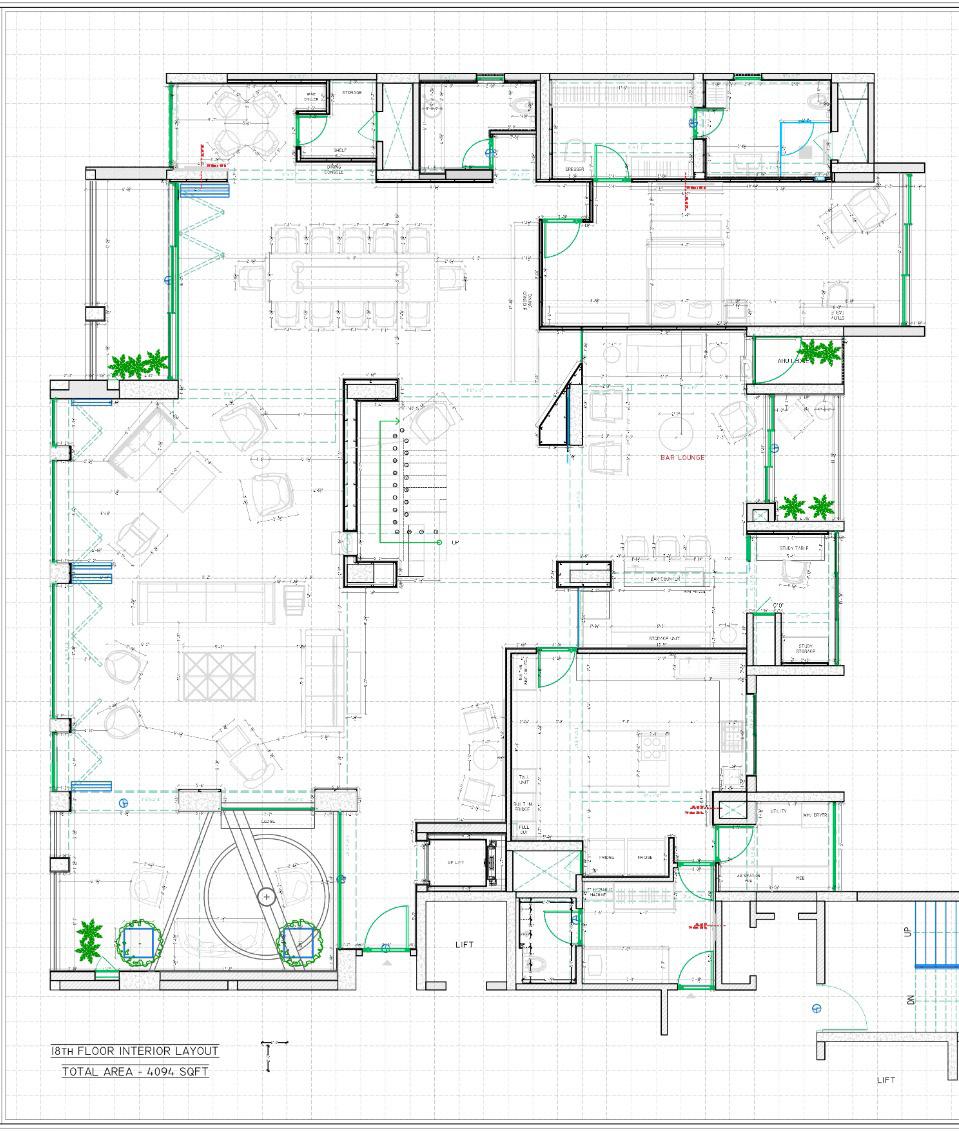
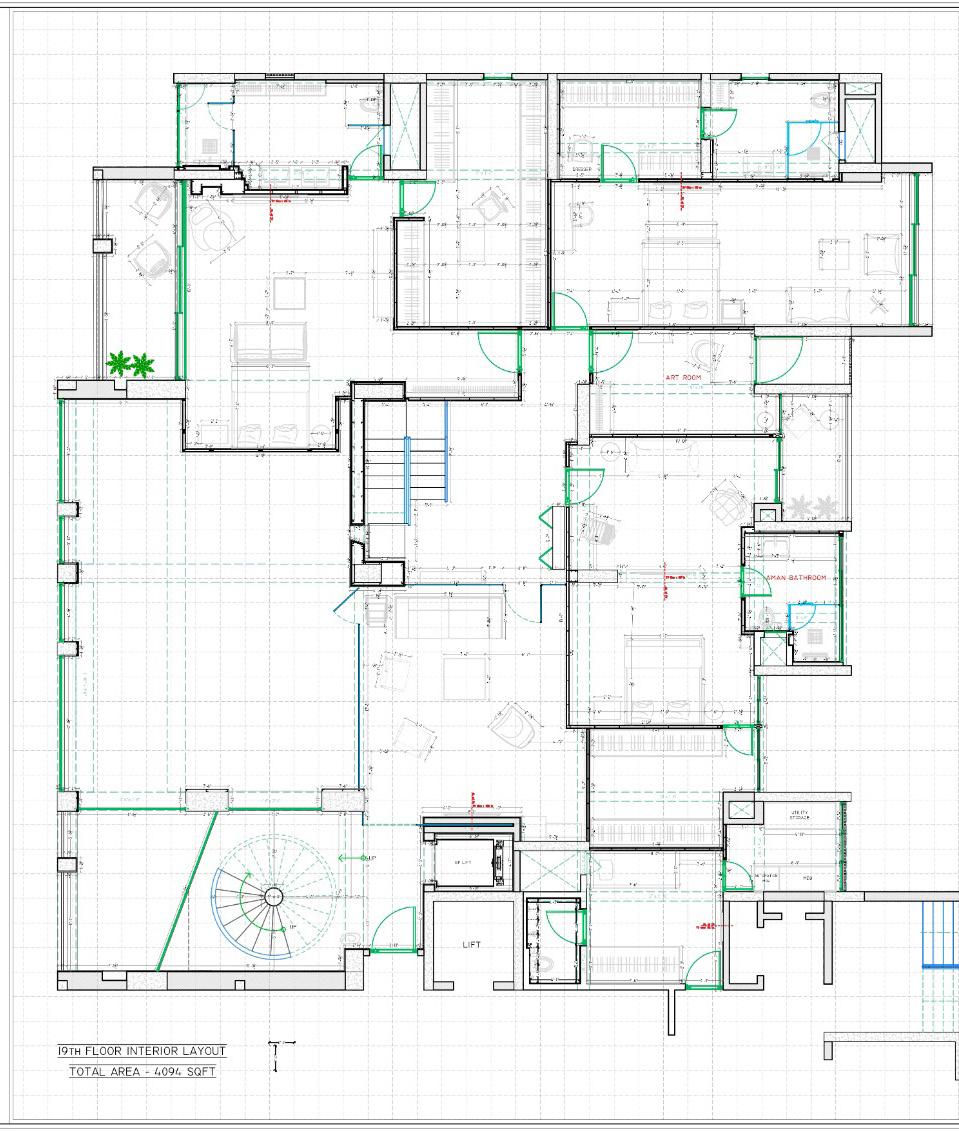
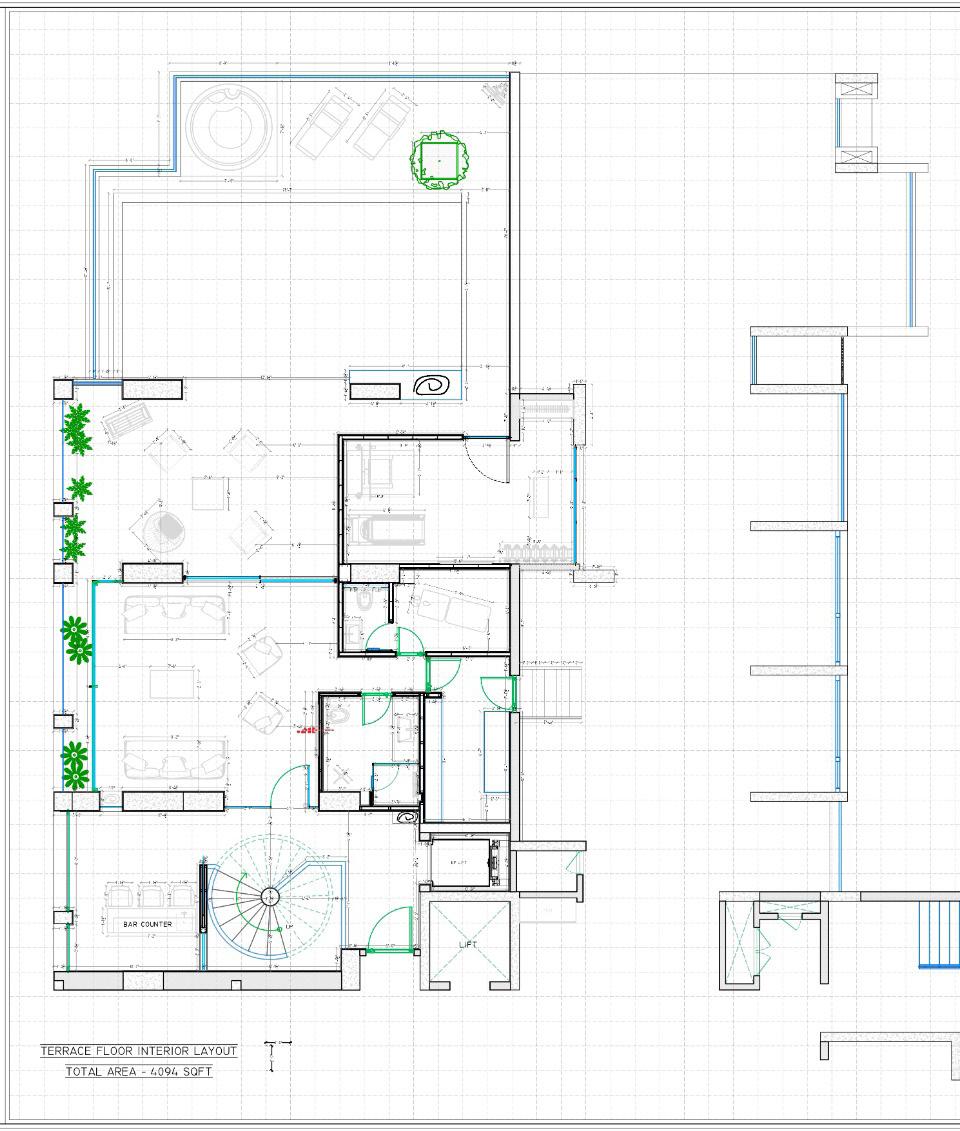








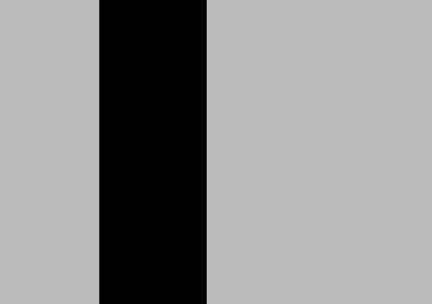



KALINGA
KALINGA
METROPOLITIAN KALINGA STONE FINISH ON ISLAND COUNTER SIDE
ELEVATION A

SKIRTING IN 9.5MM ERGON SMOKE TREND TILE FINISH
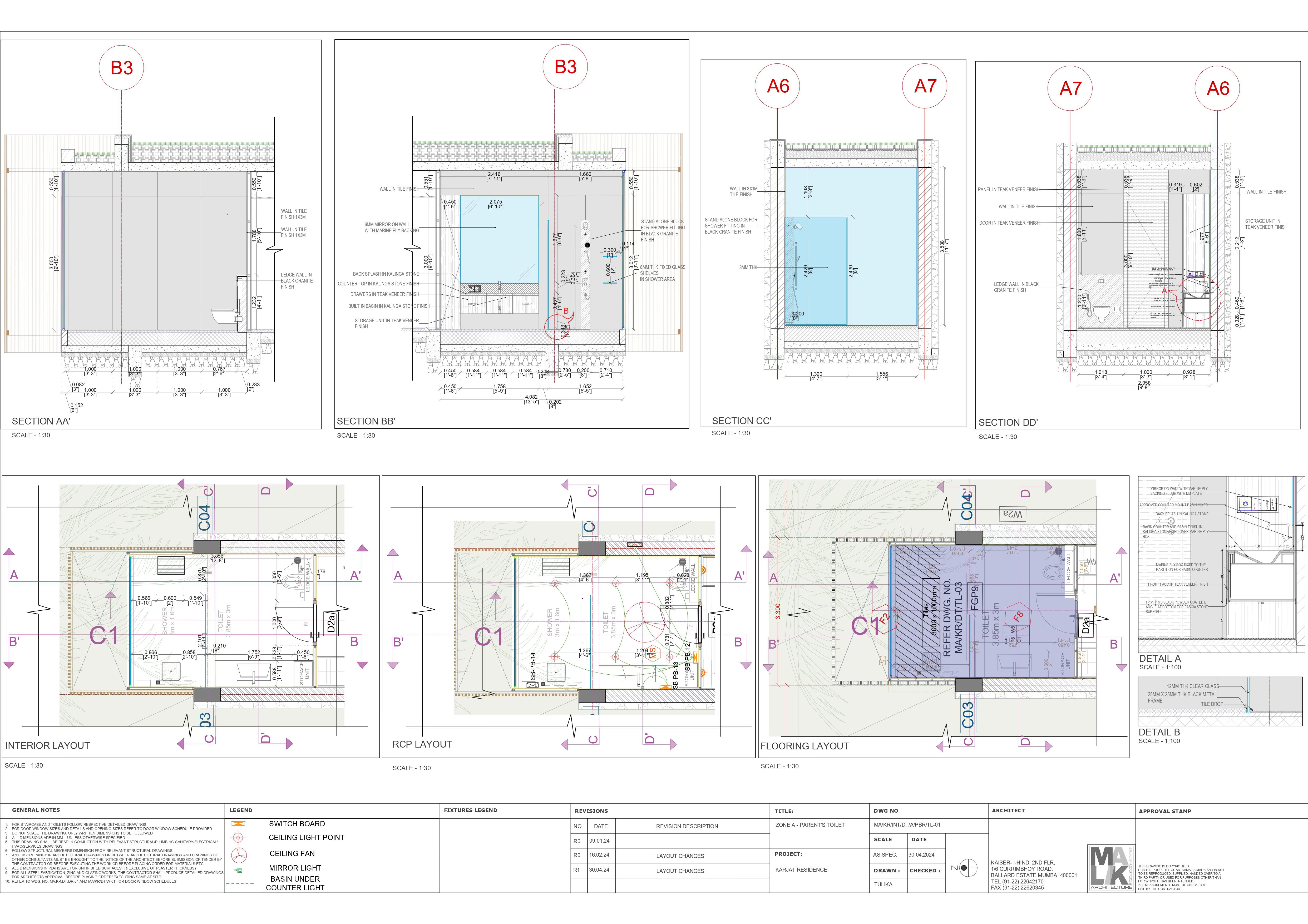

This high end residential housing project is owned by a famous builder in Mumbai. The common spaces within the project like the lobbies, gym area, multifunctional spaces fell into our scope of interior design in such a way that it marks a clear distinction from other residential housing spaces.
The materiality of the project revolved around exposed concrete throughout and the interior was made to respond to the strong architectural language of the project.
The pallet involved terrazzo, natural wood, mintstone, black granite, clear glass and brass strips with clean minimal lighting and furniture.
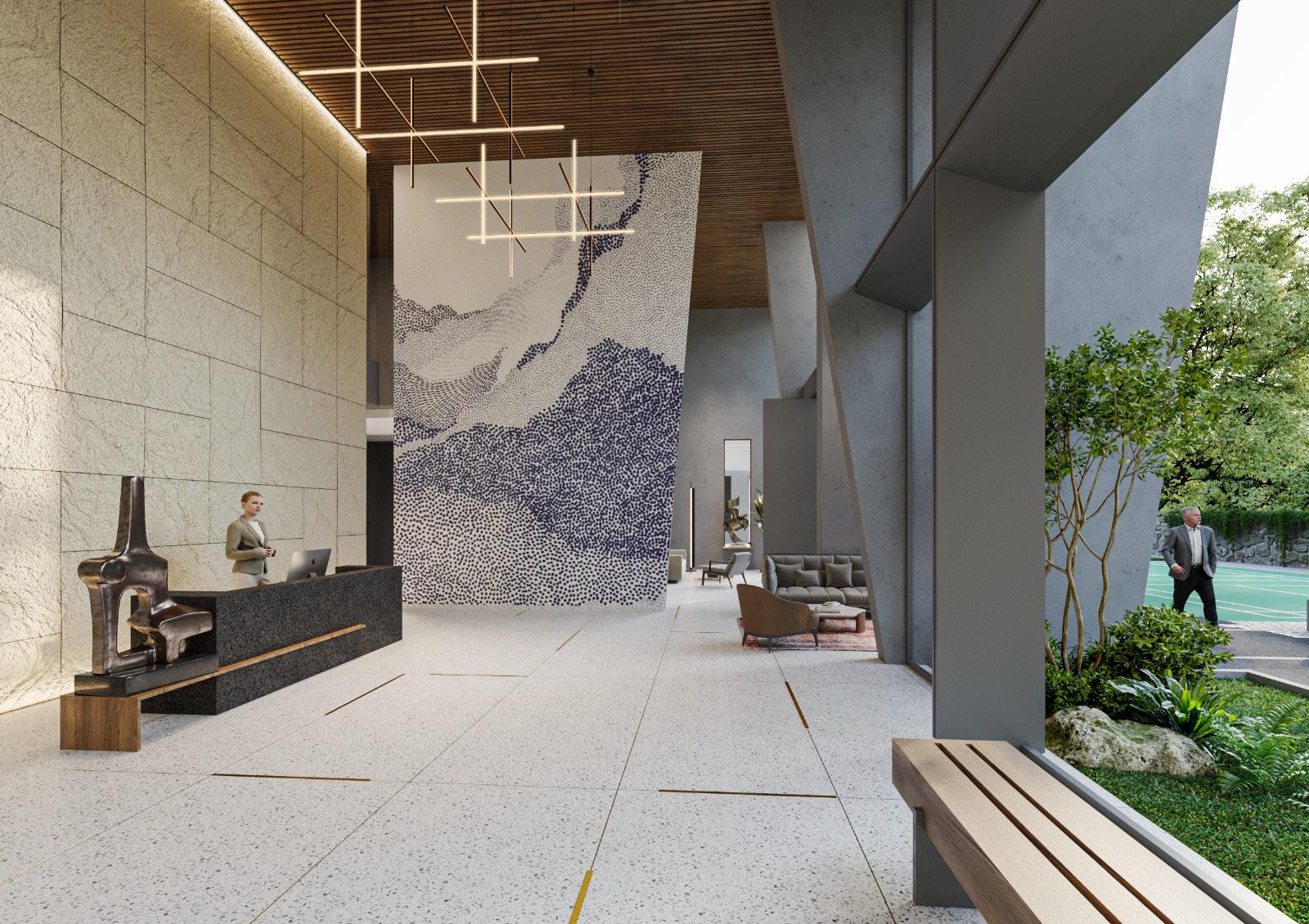
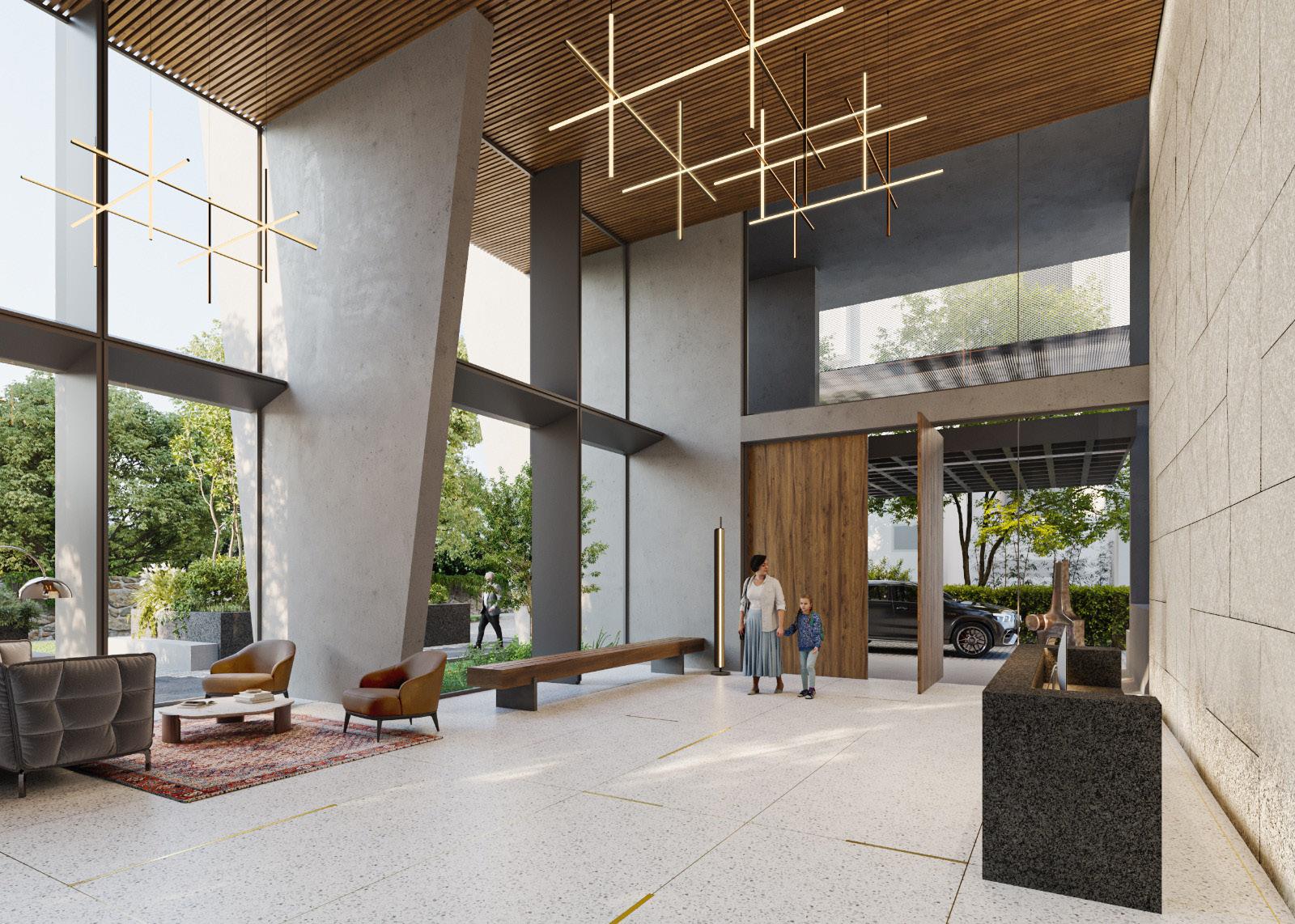
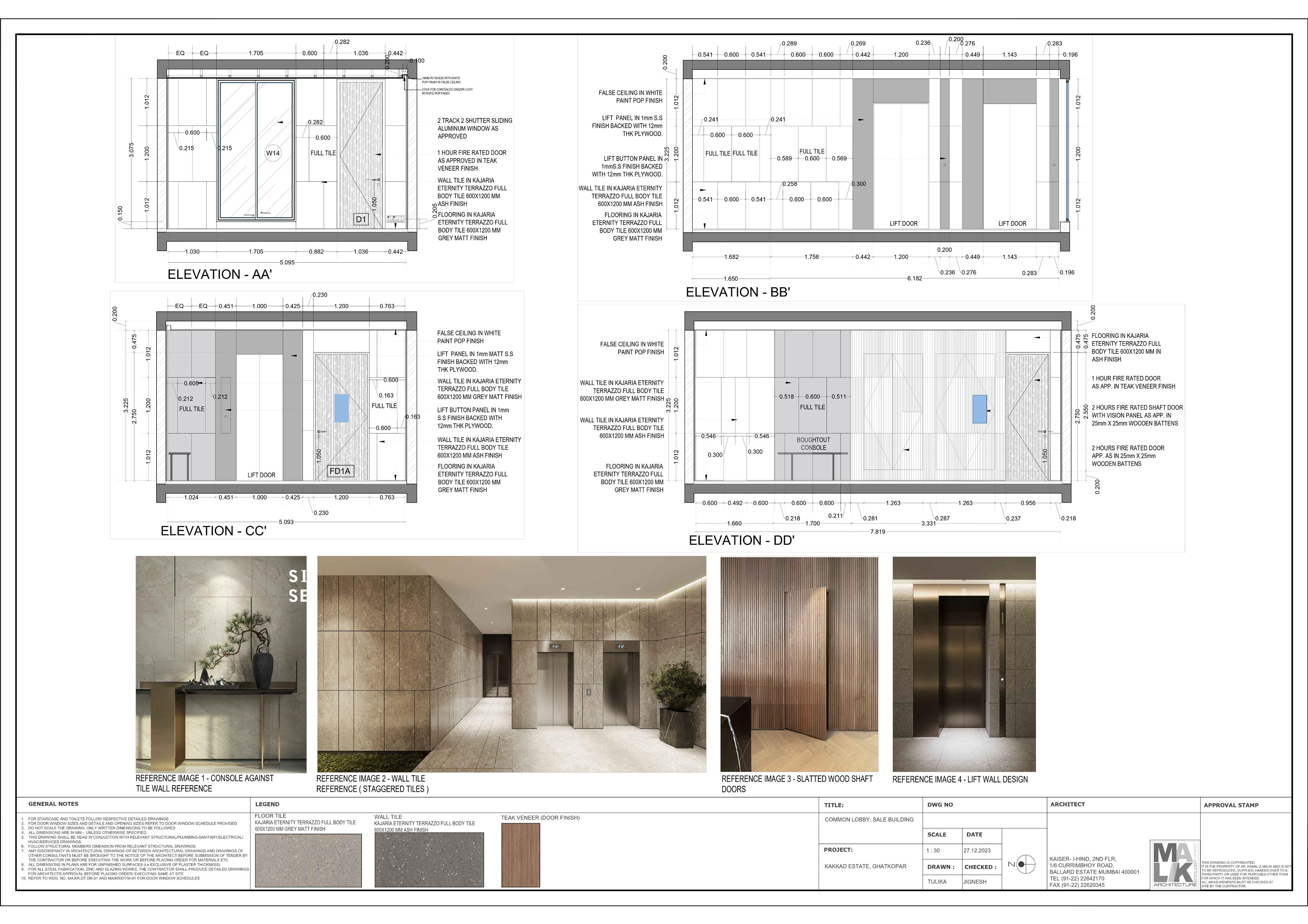
A concept was designed for small cozy boutique hotel in the heart of South Bombay, overlooking the Taj hotel. The exisitng site had some interesting features as it was within one of the old buildings in South Bombay; like arched windows, sloping wooden roofs, natural exposed brick structures, old flooring tiles, stained glasses.
Keeping the character of the site intact, three rooms and two suites along with a common recreational space were designed with a unique feature in each space. The varying sizes and heights of each room gave each one a distinct character.
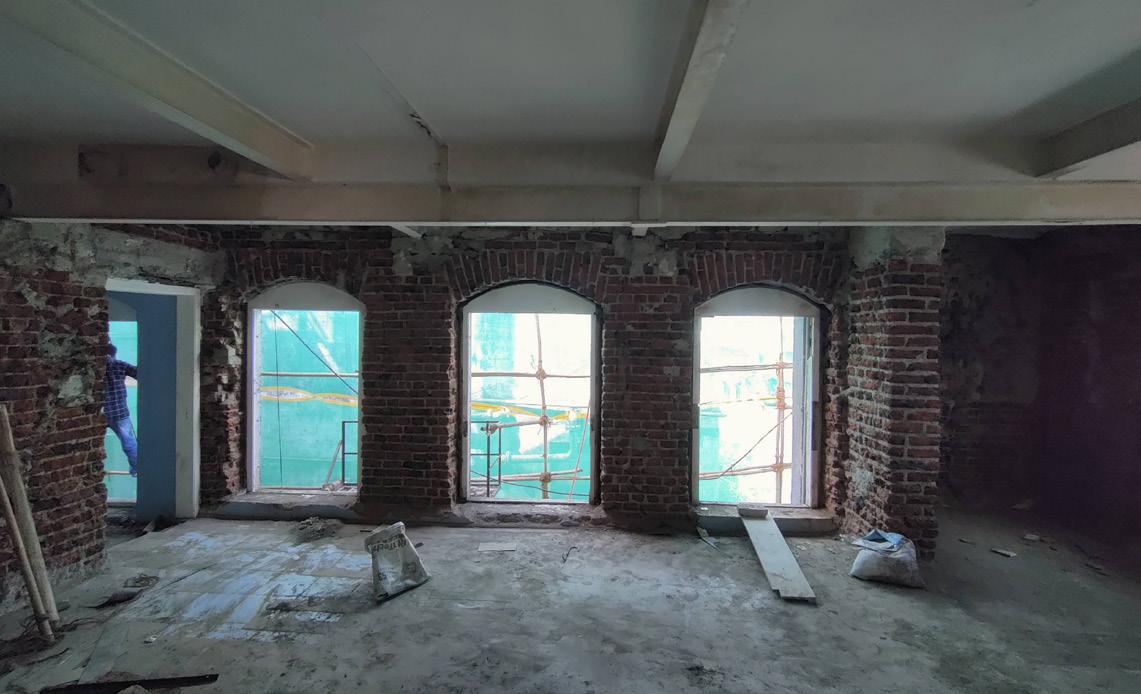

The material pallet revolved around natural wooden flooring, exposed brick, old vintage sanitary fixtures, furniture in wood and rattan work, chhatai rugs and blinds, stained glass and handpainted ceramic tiles.


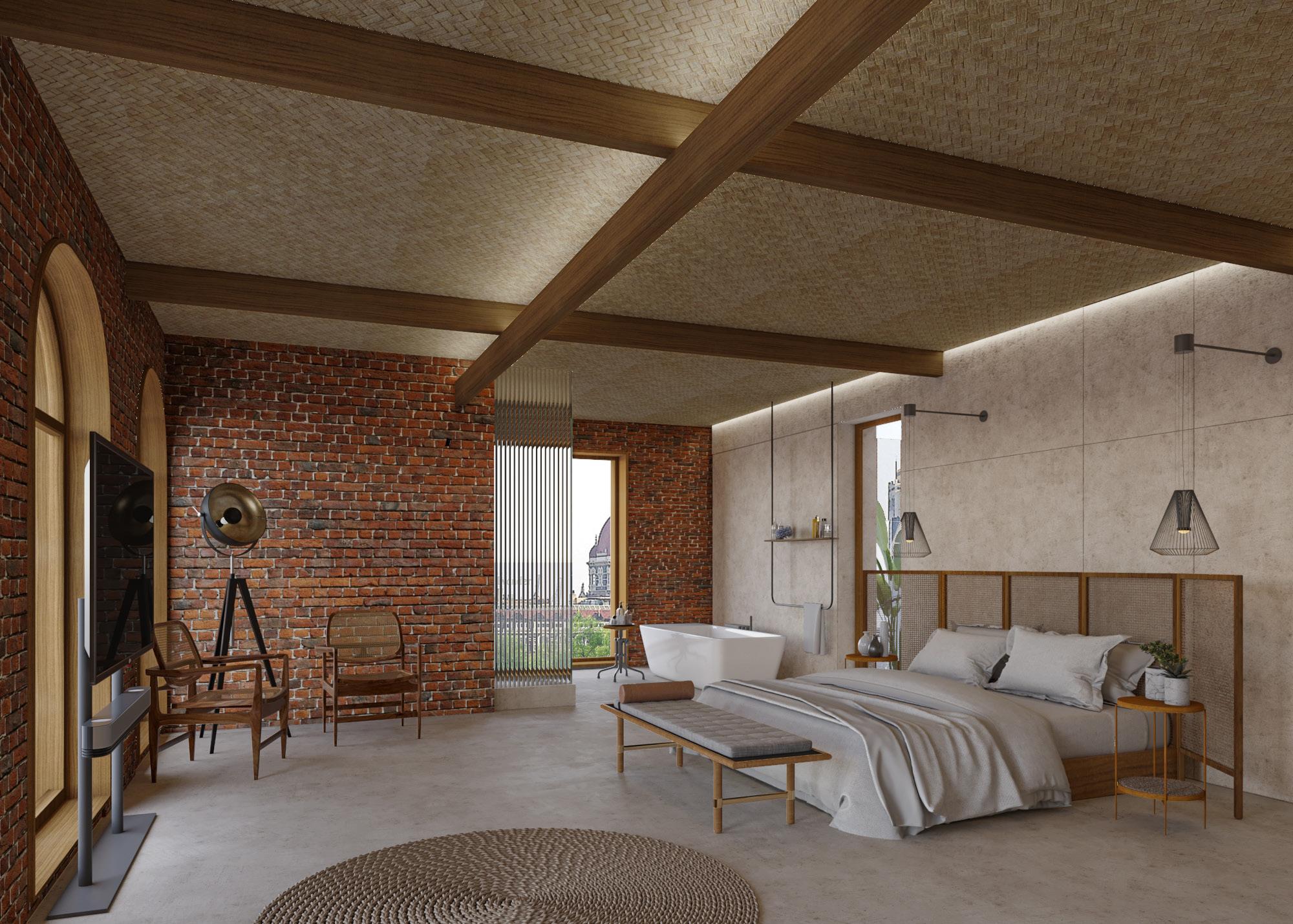

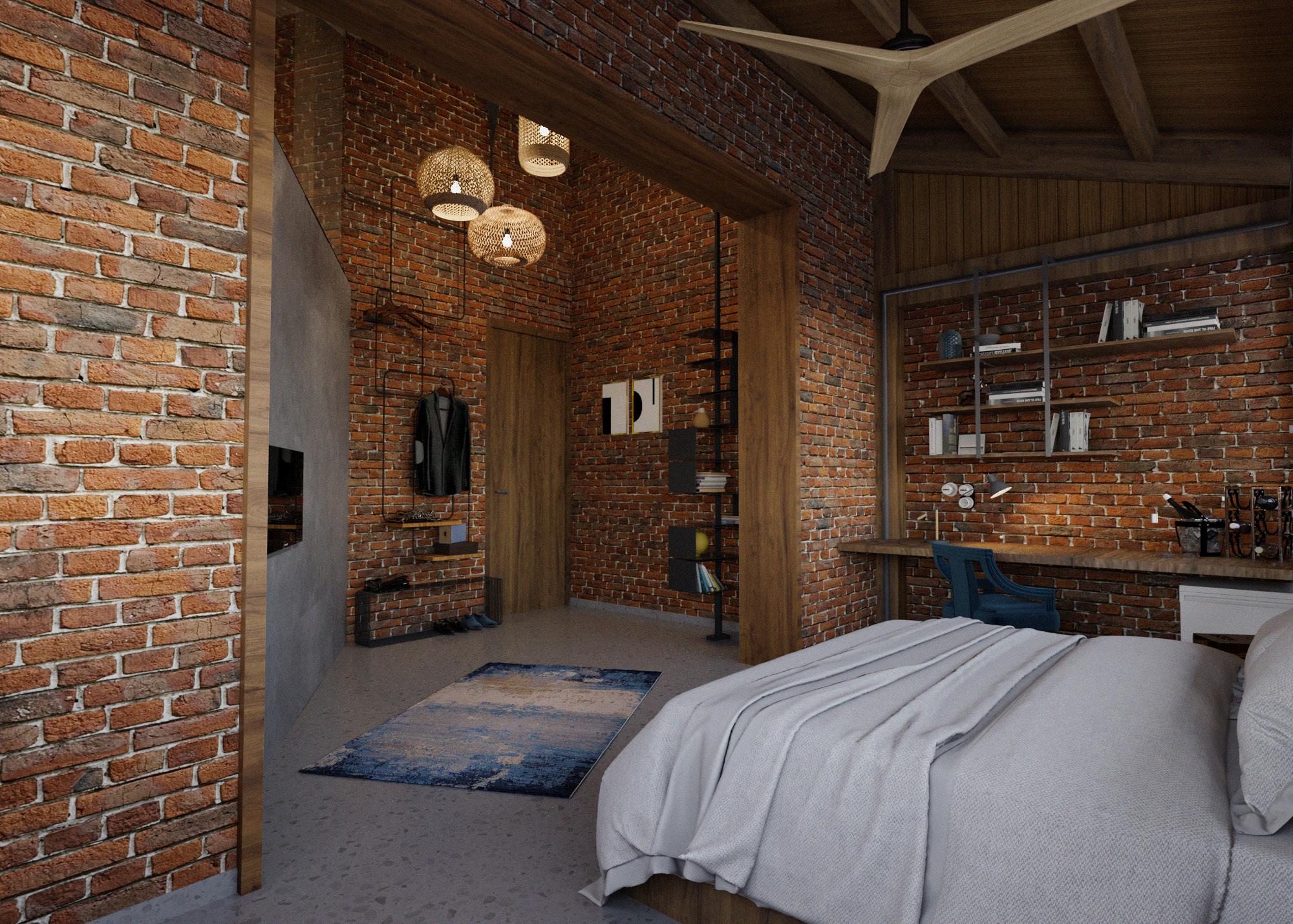
Studio Saransh (Ahmedabad)
2019-2020
- Electrical layouts
- False Ceiling layouts
- Toilet Layout
- Furniture layouts and details
The following residential sites were located in the city of Ahmedabad and Vapi
(Copyrights of all the drawings are owned by Studio Saransh)
Both research and Analytical based Semester 8 (2018)


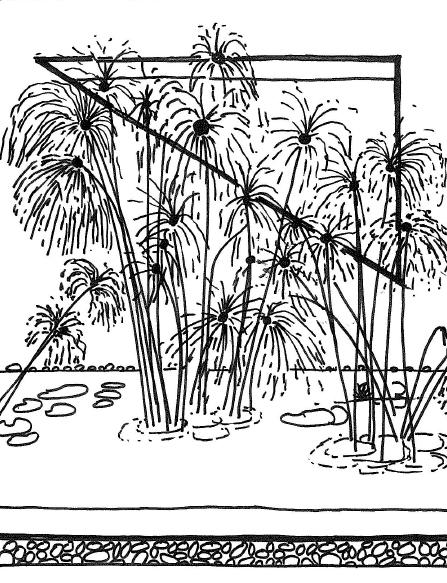

Interior spaces make a great deal of a difference in a person’s physical and mental well being.
Including plants or landscape design within these spaces enhances one’s experience for the better.
The aim of this thesis is to understand the concepts of landscape design, its benefits and the ways it can be introduced within interior spaces.
• The objective is to study the various benefits achieved through plants within interior spaces and later to analyze landscaped spaces and infer these benefits.
• Also, the objective is to observe the newer concepts of design and detail out the intersections within these landscaped areas and the interior spaces.
List of Chapters in the Thesis Book
Chapter 1 - The Existence Of Landscape
Chapter 2 - Elements Of Landscape Design
Chapter 3 - Benefits Of Plants
Chapter 4 - Challenging Situations In Plant Growth
Chapter 5 - Climatic Design
Chapter 6 - Residential Case Studies
V1 residence - VIETNAM
The Walls and Vaults House - KERALA
Binh house - VIETNAM
The courtyard house - BANGALORE
33rd street Colombo - SRI LANKA
House on Pali Hill - MUMBAI
Chapter 7 - Office Case Studies
Office in Mexico
A hidden garden behind concrete walls
VDGA office - PUNE
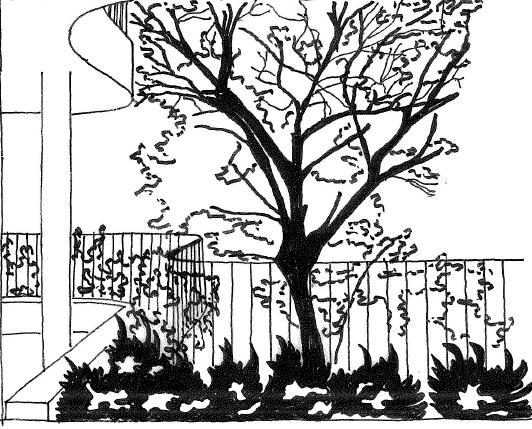
Project V1 house
Location Vinh, Vietnam Asia
Architect TNT Architect
Area 140.0 m2
Climate Warm humid climate
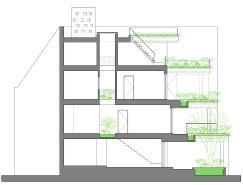
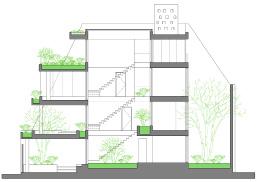
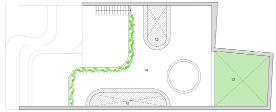


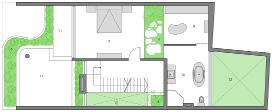
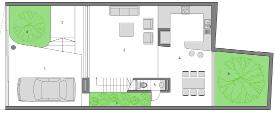

The stairway on the other side leads to the roof which has a garden, a huge terrace and three open to sky voids.
On the third floor is a storage space with a huge terrace and an attached garden.
The same stairway leads to the second floor which has two childrens bedrooms with a common washroom.
The stairway leads to the first floor which has a the master bedroom with connecting washroom, closet and a study.
The entry to the space is through the ground floor. The floor comprises of the basic public spaces such as the living room, kitchen dining and a common toilet.
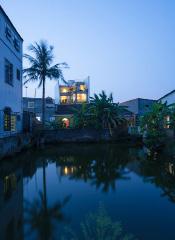

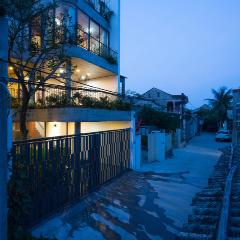
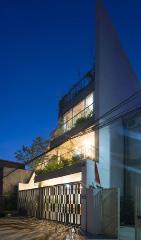
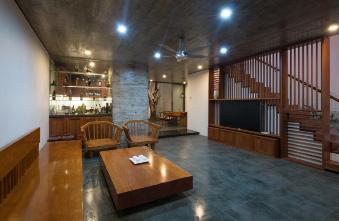



Project - House no. 11, 33rd lane
Location - Colombo, Sri Lanka
Architect - Geoffrey Bawa
Climate - Tropical, hot and humid
The first floor consists of a private bedroom space with an attached toilet and an open living room.
The entry leads to a garage followed by an open study with attached kitchen and dining. The public zone leads to the guest bedroom and washroom.
Further the passageway leads to the master bedroom and washroom with private seating spaces, kitchen and dining rooms.
The section has been cut through the main passageway of the residence. The first and second floor form a small chunk above the ground.
Overall the residence consistsof just one main floor. The roof is a hipped roof and various landscaped spaces have been incorporated within the interiors of the space.
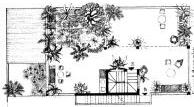
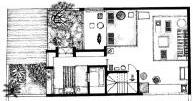
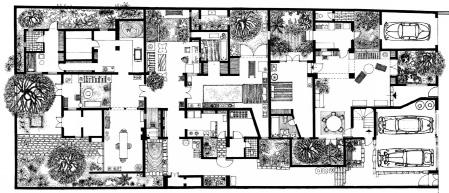


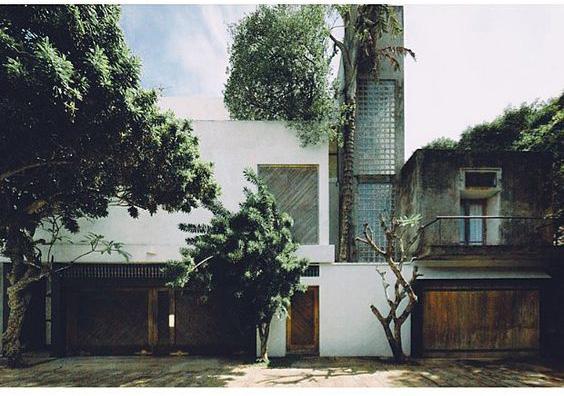
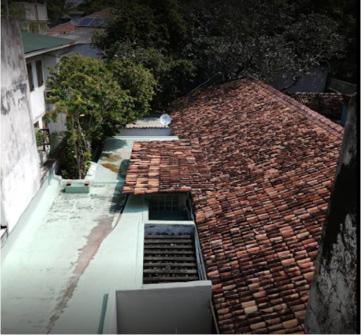

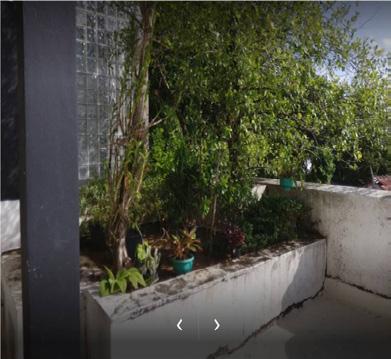
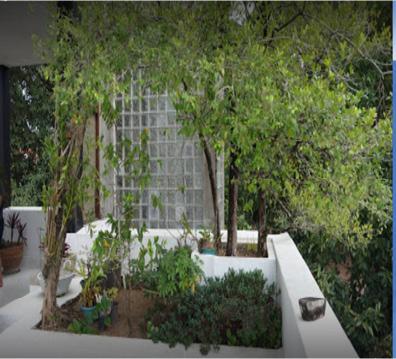
The aim of this project was to create a set inspired from an art movement or based on a painter’s paintings from the Constructivism or the Suprematist movement.
There was a warm up exercise introduced which revolved around understanding a suprematist painting and actually constructing it’s existence in the form of analysis and model making.
This understanding had to be further used in creating an installation in from of the Kamatibaugh planetarium in Vadodara in the form of a stage for the performance of the artists.


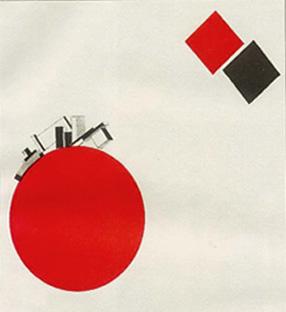

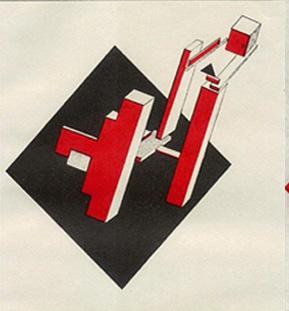
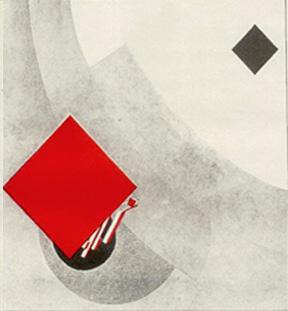
““The artist constructs a new symbol with his brush. This symbol is not a recognizable form of anything which is already finished, already made, already existing in the world - it is a symbol of a new world, which is being built upon and whichexists by way of people.””
- El Lissitzky
(Preliminary Exercise)
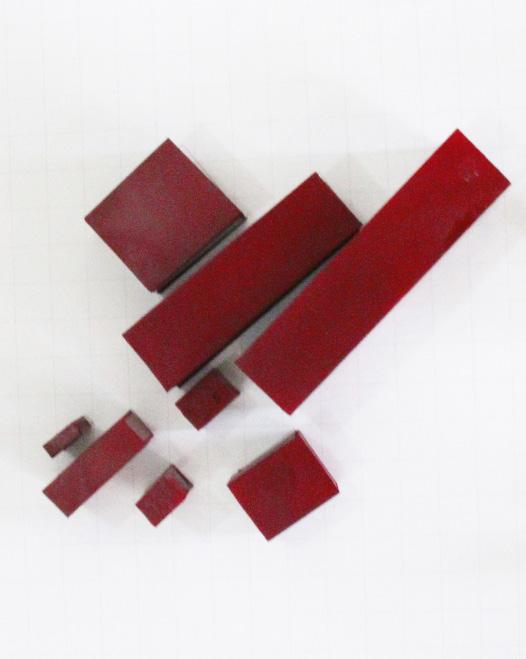
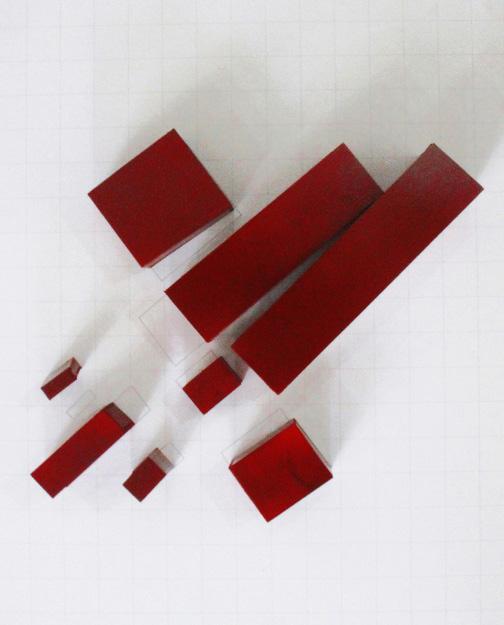

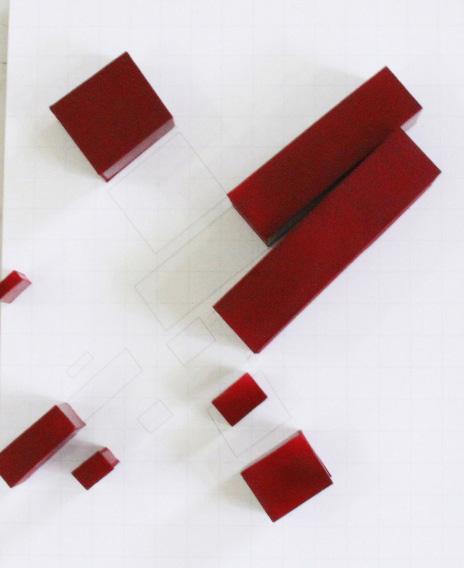
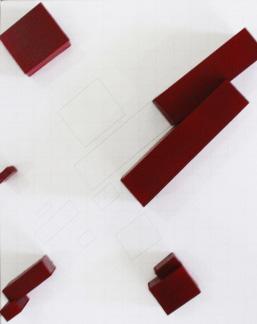
The painting by Malevich include 8 rectangles in different sizes. The aim was to understand the painting and further analyze it. The rectangles were moved further away in space and it was concluded somewhere in infinity they would intersect at a distant point.
Further, keeping the heavist mass static; all the other rectangles were placed at varying heights assuming they are in space. The smallest rectangle was placed at the bottom most quadrant.
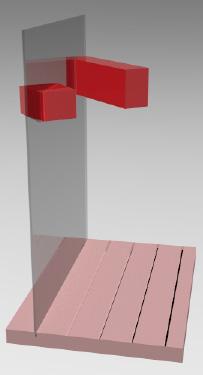
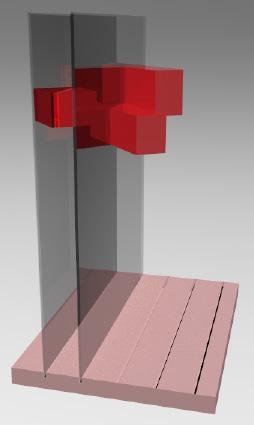
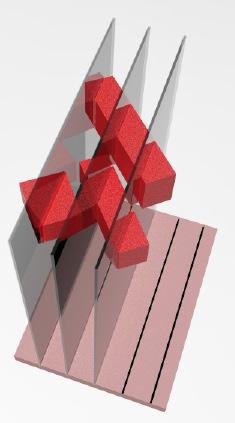

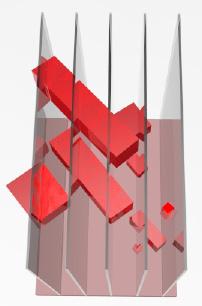
The cube was dismantled by taking each face and removing each plane out of it. Each side out of the six faces was treated differently.
One by one, each side was distorted in a different way.

The planes removed from the sides were scattered in a glass box. Thus the black cube is slowly shattering and slowly the red cube comes closer to it from infinity.
This process continues till a point where the black cube is no longer in it’s original form. It has completely been broken into fragments and scattered in the glass box.


Finally, the one thing remaining is the red cube which comes closer to the black cube and takes its place. This shows the empowerment of positive over negative.


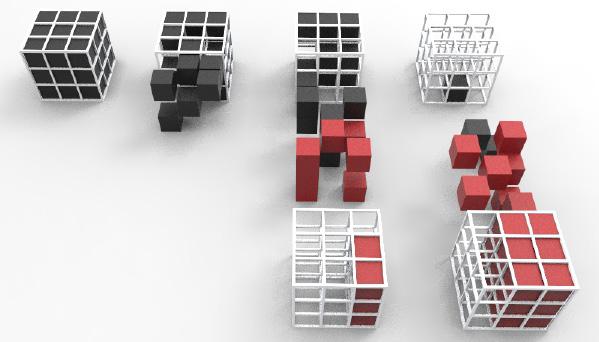
Since there is an overpowerment of the red cube over the black one, the initial idea was to distort or explode the black cube and slowly converting it into a red cube.
The cube could have been dismantled by removing its faces or by removing chunks of masses altogether.

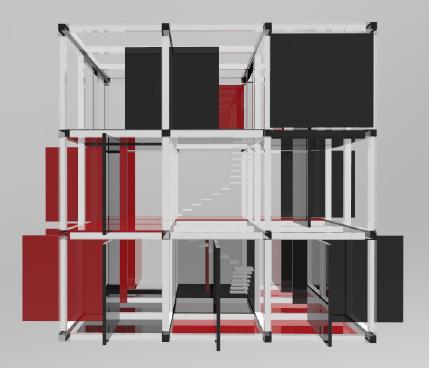

Each face has red coloured on its front and black on its back Each facade can be accessed physically as well as visually.
People can view the change of colour from black to red in a dramatic way from the outside.
Later, the installation can also be used to access the space from inside.
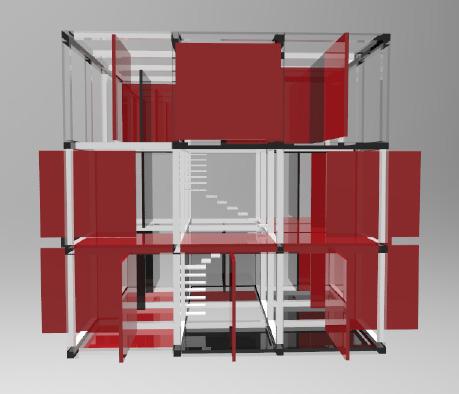
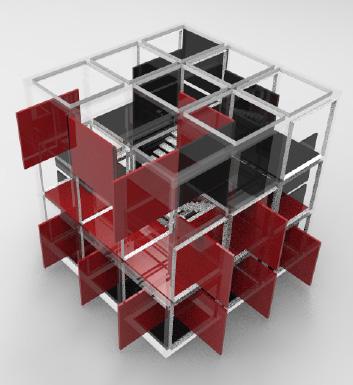
The aim is to design a corporate office for the IT department of the multi national company WIPRO in Vadodara.
The site was a historic one called as the Shiv Mahal Palace located in Old Padra Road, Vadodara.
The IT department offers a Hierarchial order of the work status within the employees.
Spaces need to flow into each other as well as be completely disconnected as well.
The historic site offers rigidity which needs to be broken with limited number of planes.

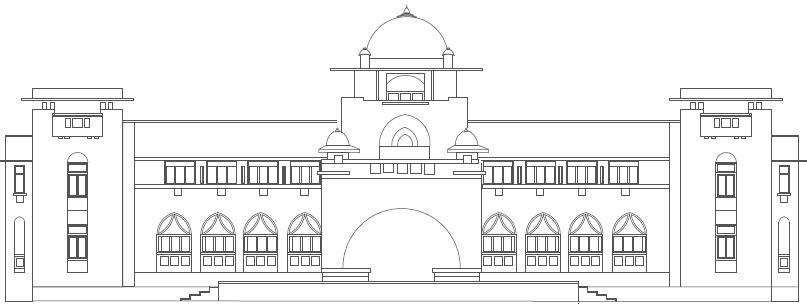
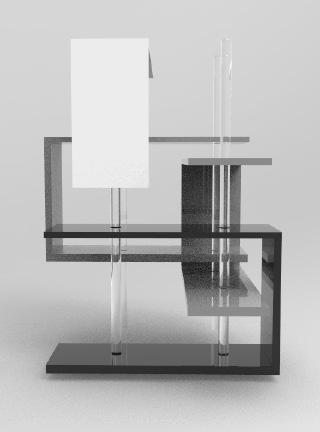

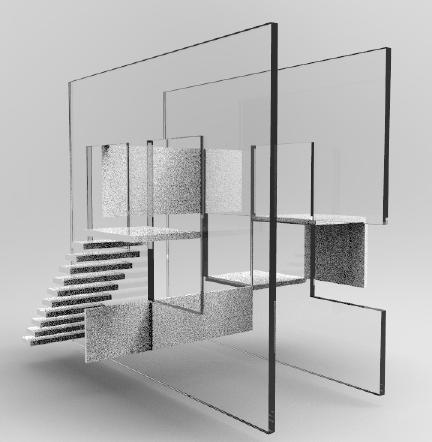
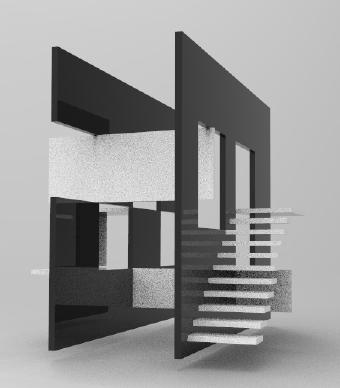
The site of Shiv Mahal has structural importance and defined boundaries
The concept is to break the boundaries without disturbing the structure. Thus, a curve was used as a visual and space dividing element
Solids, planes and transitional spaces are the ideal aspects of the design
The inspiration of expression using minimalist design was taken from the study of Bauhaus.
The planes may procure through the curve, merging it with the design the planes and curves are not treated as two separate entities.
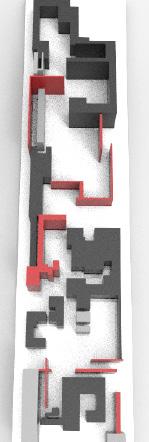
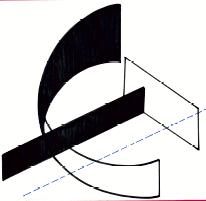
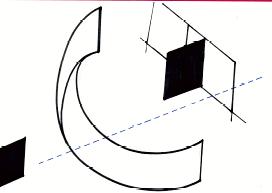

A curve was used as a space dividing element and experimented with in different ways and forms to break the rigidity of the site.
The curve can be broken down into smaller fragments and can still be seen as one.
The vertical and horizontal planes penetrate the curve at different levels.
The height of the curve is played with, it does not remain constant throughout. Instead it starts at the eye level and gradually decreases.

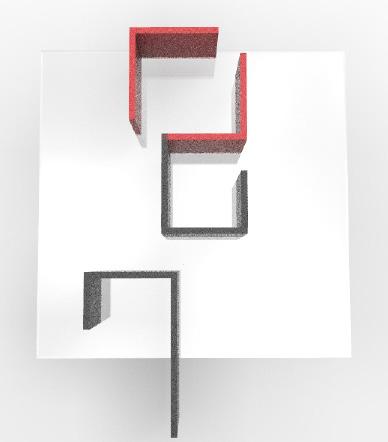

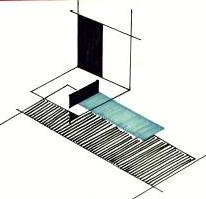
The partitions facilitate sliding and folding doors which provide the necessary privacy at times and also provide enclosures used for private meetings.
The spaces flow into each other and also can be completely restricted.
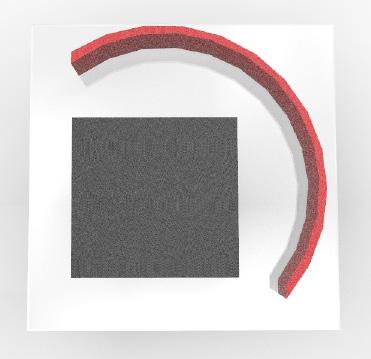
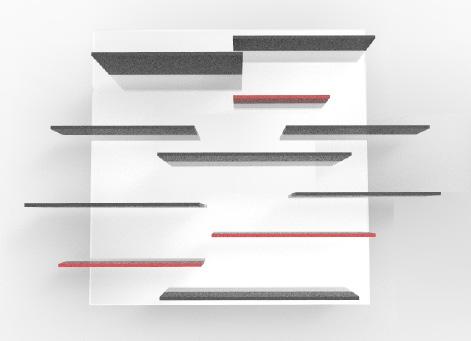
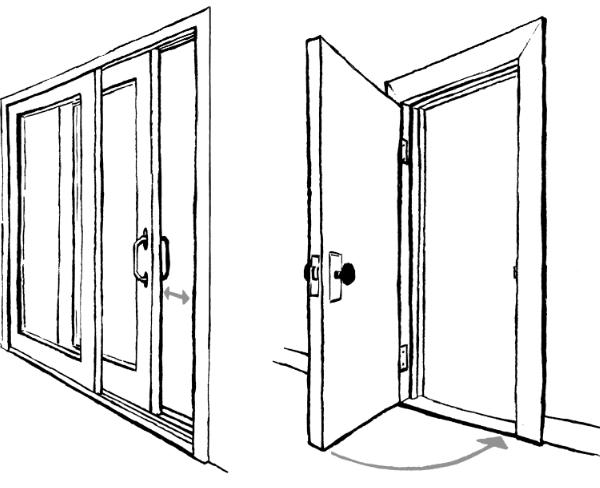
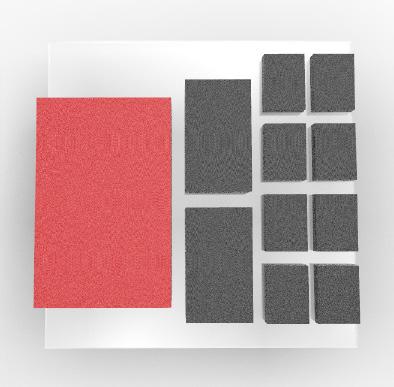

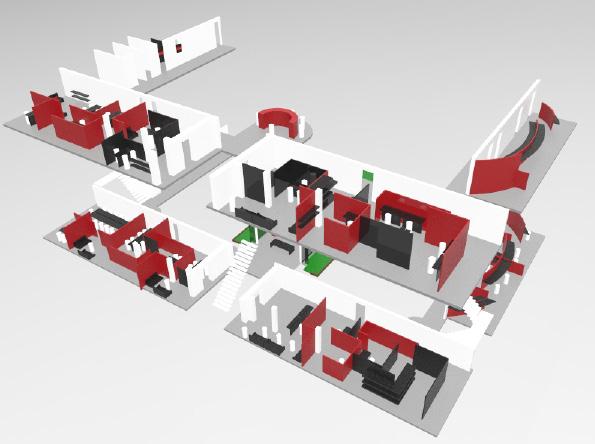
The Shiv Mahal Palace has an old structure and is culturally rich. This well defines the long standing company Wipro. However, for the younger generation that participates in the field, newer and trendy spaces are of importance. Therefore, a glass box was added for the newer and young employees. The pavement of the Shiv Mahal Palace leads upto this space. The TRANSPARENCY and the FLUID spaces allow recreational activities, dining and communication easier for the freshers.

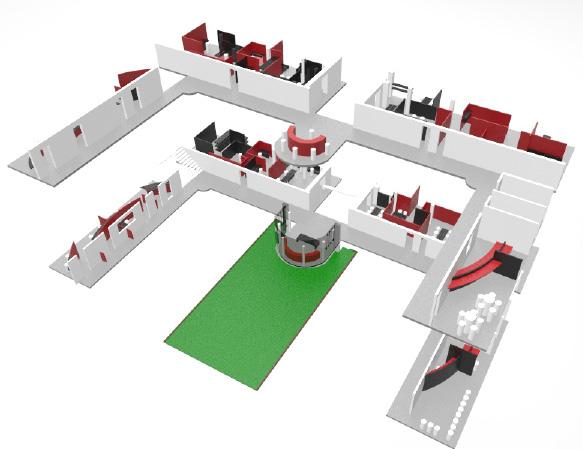

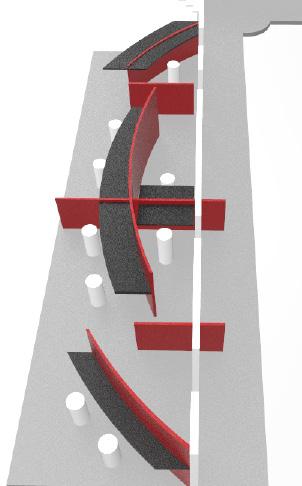


The departments are separated through different floors but yet the spaces flow into each other providing fluidity in the circulation of the space.

Division through planes and solids (furniture and partitions)

Circulation within the glass box
The IT department consists of freshers and young trainees. The glass box provides transparency and the spaces facilitate connection and communication amongst the employees. Free flowing spaces allow more user interaction and recreational activities.
- The first set are the working drawings for a commercial kitchen of a restaraunt in Vadodara called Cibos.
- The second set are the workings of a residential kitchen.
- The third set are the workings of a residential bathroom.
(Working drawings of a commercial washroom have also been done, a mall in the city of Vadodara was chosen)
Schroder House by Gerrit Rietveld continues to impress architects and interior designers with its innovative solutions to prominent design questions of its time.
The flexibility of the interior spaces and the obviously planar quality of the house both give it an edge that makes it distinguishable and unique on every level.
The Schroder House is the only building that was designed in complete accordance with the De Stijl style, which was marked by primary colors and pure ideas.
The two-story house contains a transformable kitchen/dining/ living area, studio space and reading room on the bottom, and the second floor contained bedrooms and storage space, only separated by portable partitions.
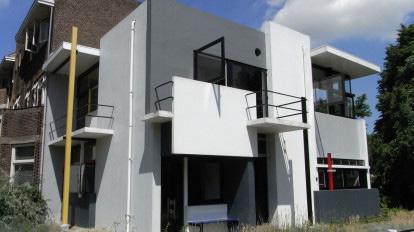
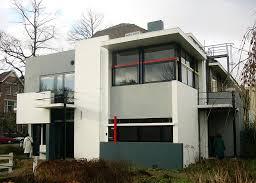

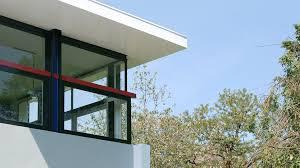
“sought for the universal, as the individual was losing its significance... abstraction, precision, geometry, striving towards artistic purity and austerity.”
- Piet Mondrian
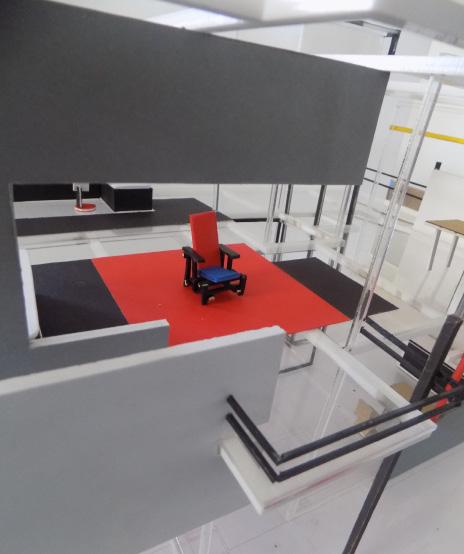
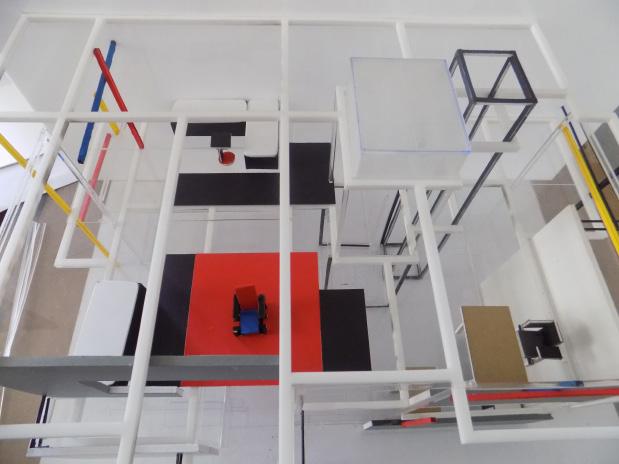
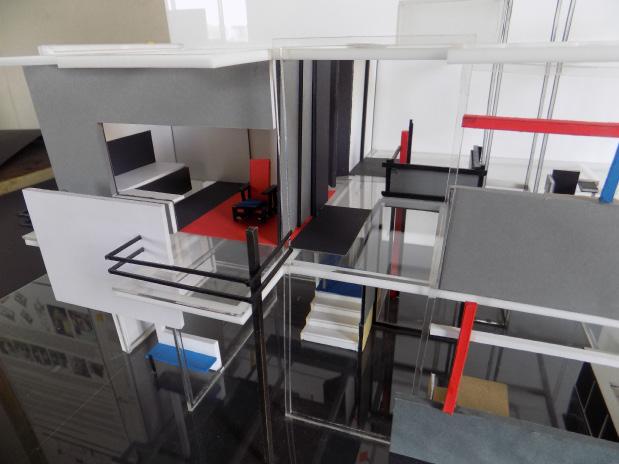



- Open play, Non standard size of openings
- Intersection of two windows
Sense of floating space above the first floor
- No strict walls
- Elimination of corner
Open corner

- Interiors Moving walls Fixed pieces of furniture
- Sliding and folding structures, interlocking planes allow spaces to open and close permutable combinations
- Dutch brick and wood construction
- Elevations Blur interior and exterior Color, placement and separation
- X,Y,Z axis between all linear elements and planes
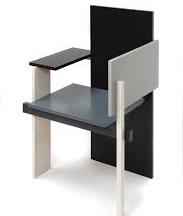
- Components of facades detachable and glide past one another
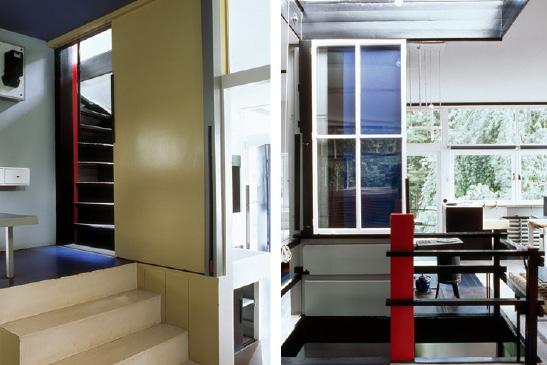

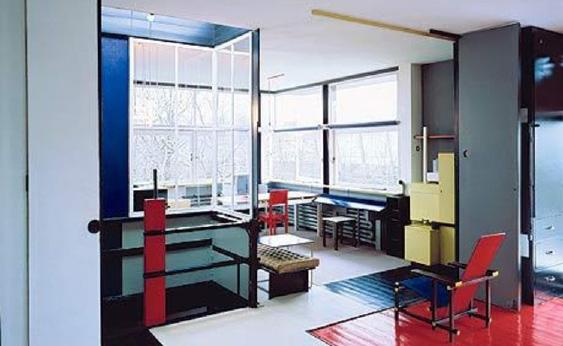
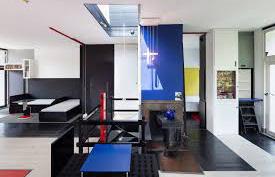
Location - Umbermata village, Dudhani, Dadra and Nagar haveli
The houses were self made using bamboo and mud. People engaged in cattle rearing and farming.
The people earned their living in the form daily wages. Indoors included a common room, sleeping area, kitchen and storage, cattle shed, small attached garden, service area. Floor Plan
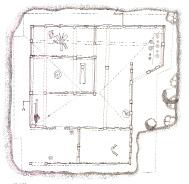

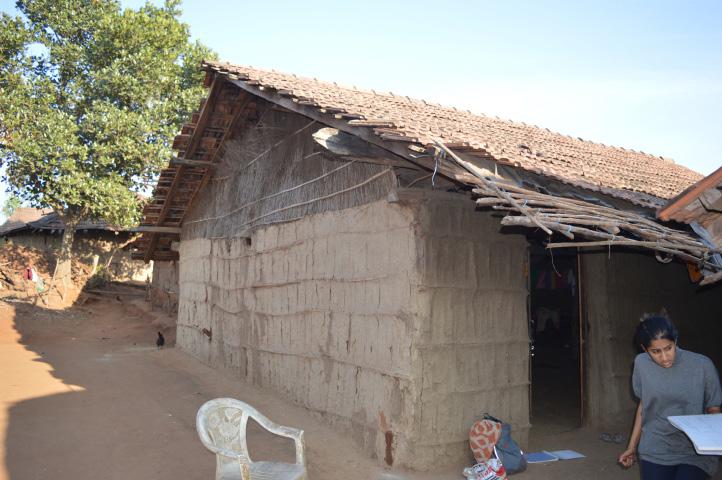


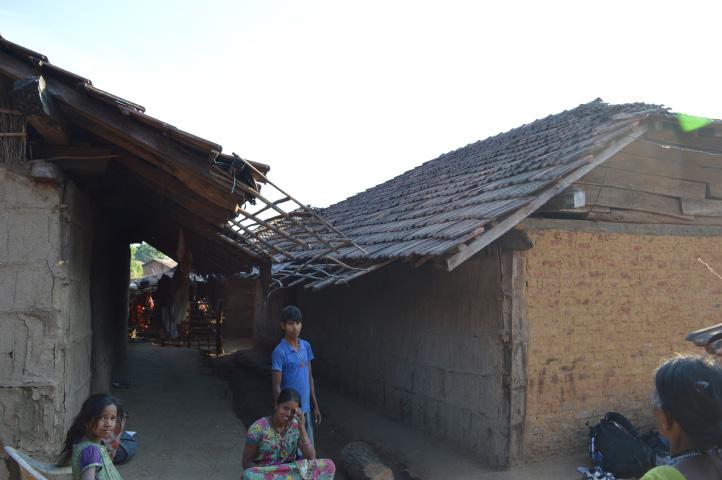

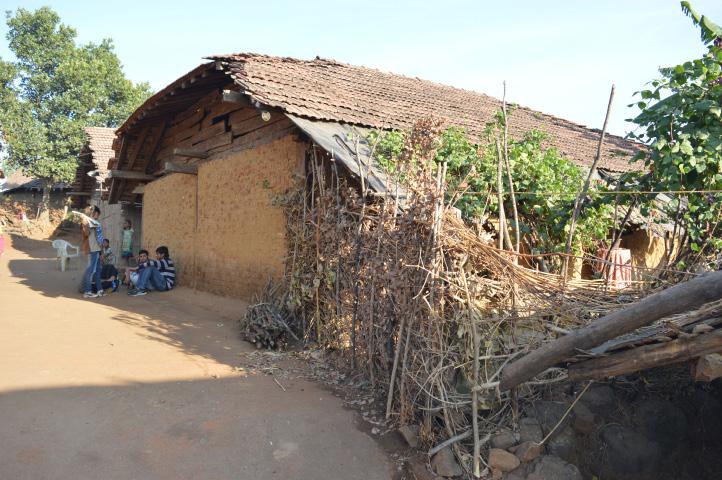

Location - Spiti Valley, Kibber Village ; Himachal Pradesh
Kibber village lies on the highest peak of the himalayas.
People stay indoors for 6 months during the winters.
People build their own houses using mud, wood and bamboo.
Other places visited during the trip were Shimla, Chitkul, Kaza, Kalga and Nazo.

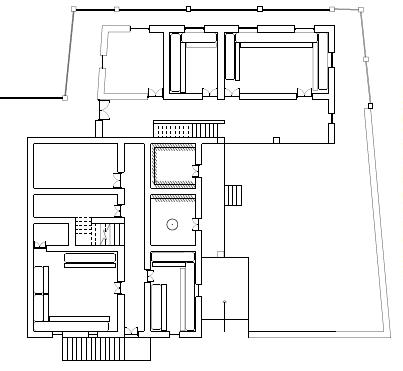
Floor Plan
